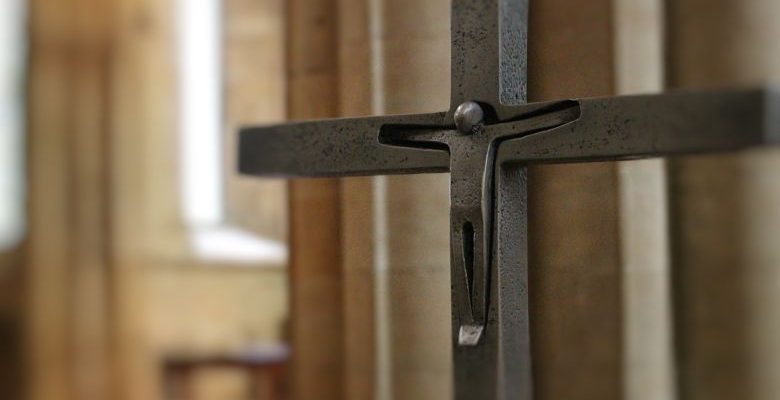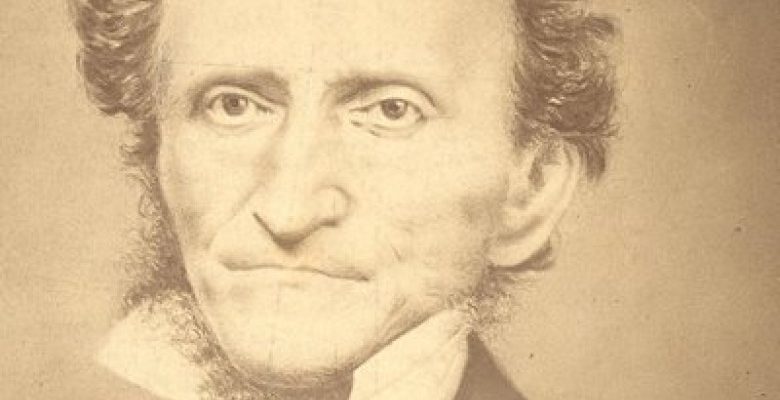With a letter to the congregations and rostered members of his district, District President (DP) John Denninger of the Southeastern District joined the growing number of LCMS leaders voicing their opposition to recent and unconstitutional bylaw changes giving final ecclesiastical supervision to President Harrison. At President Harrison’s request and Secretary Sias’ hand, the United List majority of the Synod Board of Directors (BOD) wrested the constitutional, historic responsibility of ecclesiastical supervision from District Presidents. Without vote or action of the Milwaukee Convention, the BOD gave this responsibility to one man. The President of Synod now is the de facto ecclesiastical supervisor of the LCMS. Harrison has taken ecclesiastical supervisory decisions away from our 35 District Presidents. He relocated those life-changing decisions to his own desk inside the secretive International Center in St. Louis. Wrested Power Over Congregations First, Council of Presidents Chair, Texas DP Hennings stood his ground against this dangerous







